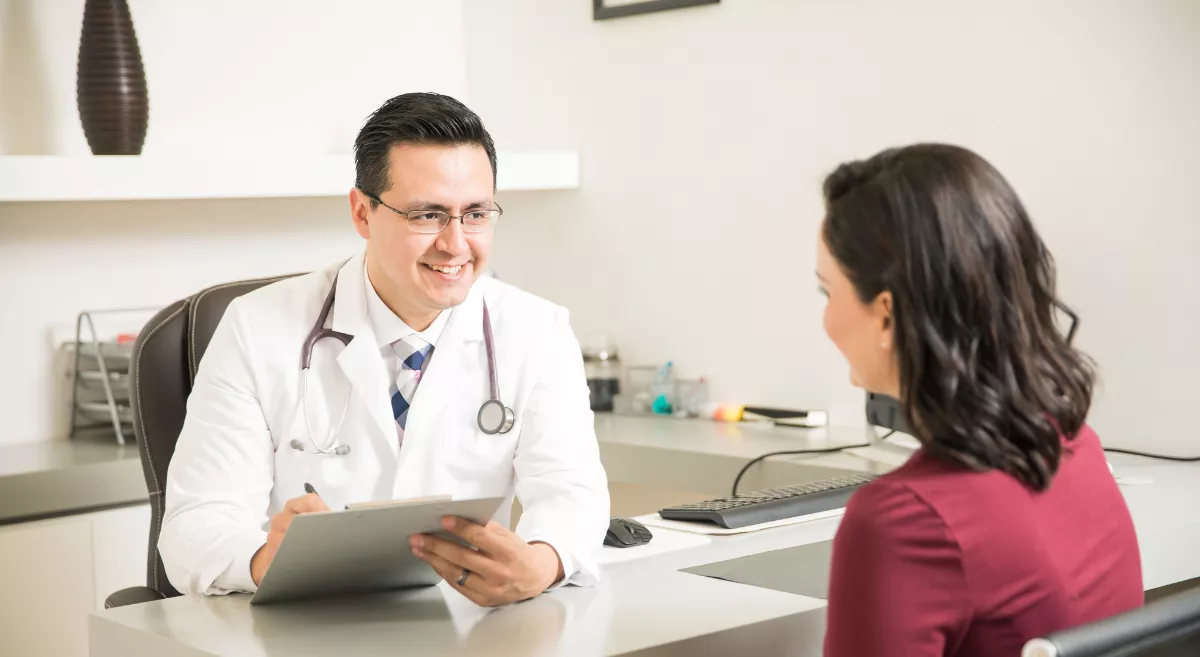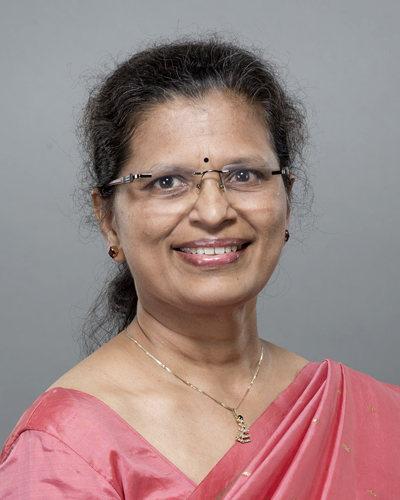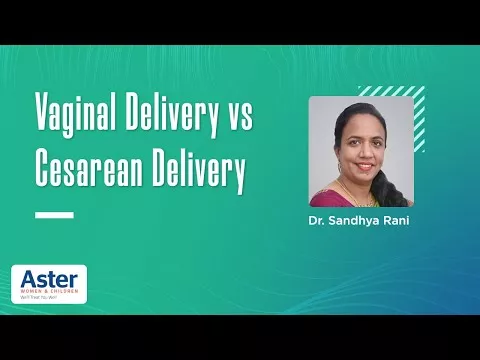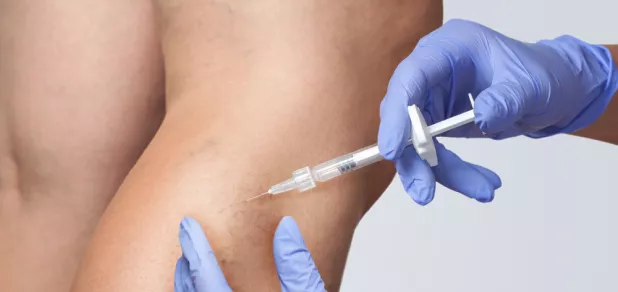Female adolescents go through a slew of physical and emotional changes as they approach adulthood. Adolescence is the phase of life between childhood and adulthood from ages 10 to 19 yrs. It is a unique stage of development and an important time for laying the foundations of good health. Maintaining optimal health during this transitional period is critical for a rewarding life ahead. To grow and develop in good health, adolescents need information and education. Understanding the menstrual cycle, tackling hormonal fluctuations, and emotional well-being are all aspects of female adolescent health. Many families seek guidance from a reputable Gynaecology Hospital in Hebbal Bangalore to ensure proper care during this stage.
Understanding Female Adolescent Health - Navigating the Adolescent Years
Adolescence, a critical stage in every girl's life, brings about substantial changes in both the body and the mind. It is critical to understand the distinctive health concerns that emerge during this period. The menstrual cycle often begins in adolescence, and irregularities can cause confusion and anxiety. Hormonal changes can have an effect on emotional well-being, causing mood swings and increased sensitivity. Furthermore, puberty-related issues such as acne and body image issues may emerge, affecting self-esteem. Seeking advice from experienced Gynaecologists in Hebbal Bangalore can help adolescents manage these changes effectively.
The Role of a Gynecologist - Your Partner in Reproductive Health
A gynaecologist is a woman's reproductive health specialist who is an incredible asset for adolescent girls. This medical professional provides expert advice on a variety of topics, including menstrual irregularities and sexual health and contraception information. It is critical to dispel myths and fears about gynaecological visits. The Gynecologist’s interaction with an adolescent is more challenging as the adolescent are developing in a number of spheres, physical maturity, cognitive development, psychosocial development, relationships with family and peers and sexuality. They serves as a confidant as well as a medical advisor, ensuring that adolescents feel empowered to prioritise their reproductive health.
Benefits of Early Introduction to a Gynecologist - Nurturing a Lifetime of Wellness
Early exposure of young girls to a gynaecologist provides a solid foundation for lifelong reproductive health. To break the barriers due to apprehensions of the young girl in meeting, the Gynecologist has to tread with utmost caution, care and concern and emphasis on maintaining privacy and confidentiality is utmost. Regular visits help to detect and prevent potential health problems, enabling timely intervention. Adolescents can maintain their health and well-being by learning about proper menstrual hygiene and self-care. Furthermore, developing a trusting doctor-patient relationship fosters open communication and empowers girls to take charge of their health journey.
Overcoming Barriers to Early Introduction - Breaking Down Taboos and Fostering Communication
Adolescents are frequently discouraged from seeking gynaecological care due to cultural stigmas and taboos. Addressing these obstacles will necessitate a collaborative effort from parents, educators, and doctors. It is critical to encourage open conversations between parents and adolescents in order to normalise gynaecological visits. Educating the parents or caregivers regarding the young girl’s transition phase and allaying their apprehensions also gains importance. Creating a welcoming and encouraging healthcare environment helps to alleviate fears and encourages girls to prioritise their reproductive health without hesitation.
What to Expect During the First Visit - Navigating the Initial Consultation
The first visit to a gynaecologist can be nerve-racking, but knowing what to expect can help to reduce anxiety. Confidentiality and privacy are imperative during this appointment, guaranteeing that adolescents feel safe while discussing their concerns. A thorough medical history and general health examination provide the gynaecologist with valuable information. The physical examination procedure is explained, dispelling any doubts and fostering trust between the patient and the doctor.
Empowering Adolescents to Take Control - Making Informed Choices
Inspiring young girls with knowledge is critical for making informed decisions. Discussions about contraception options and safe sex practices give adolescents the tools they need to make informed decisions. Nutrition and exercise advice fosters overall well-being. A holistic approach to reproductive health is ensured by addressing mental health and stress management.
Finally, the importance of early referral to a gynaecologist cannot be overstated. Understanding female adolescent health, dispelling myths, and encouraging open communication pave the way for a new generation of empowered young women. Regular visits to a gynaecologist lay a solid foundation for reproductive health, ensuring that girls have the information and support they need to live healthy and fulfilling lives. Let us prioritise as a group.
FAQs
1. Why is it important for adolescents to see a gynaecologist?
Early contact with a gynaecologist lays the groundwork for lifelong reproductive health. Regular visits help detect and prevent potential problems, provide guidance on menstrual hygiene, and expert advice on emotional and sexual well-being, ensuring adolescents navigate this transformative stage with confidence.
2. What are the signs and symptoms of female adolescent health problems?
Inconsistent menstrual cycles, severe cramping, abnormal vaginal discharge, persistent acne, emotional disturbances, and unusual weight changes are all red flags. If your teen exhibits these symptoms, seeing a gynaecologist right away can help identify and address underlying health issues.
3. How do I talk to my teen about gynaecological health?
Start conversations that are non-judgmental and understanding. Make a comfortable environment for your teen to ask questions. To empower your teen to make informed decisions about their health, use educational resources, discuss the importance of reproductive health, and encourage open dialogue.










